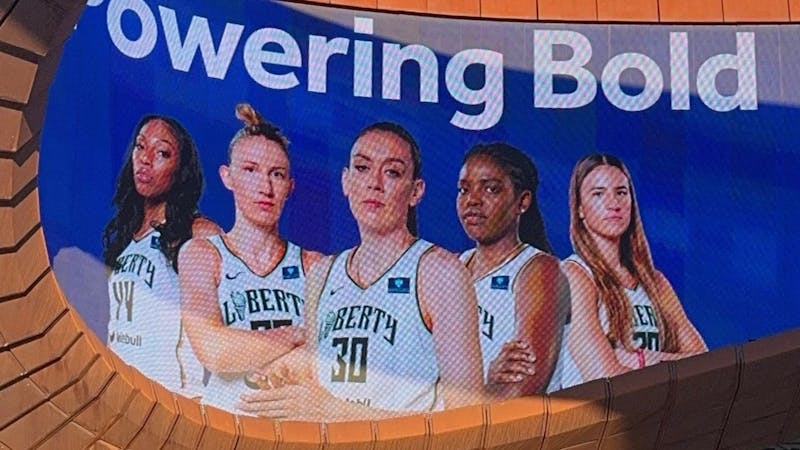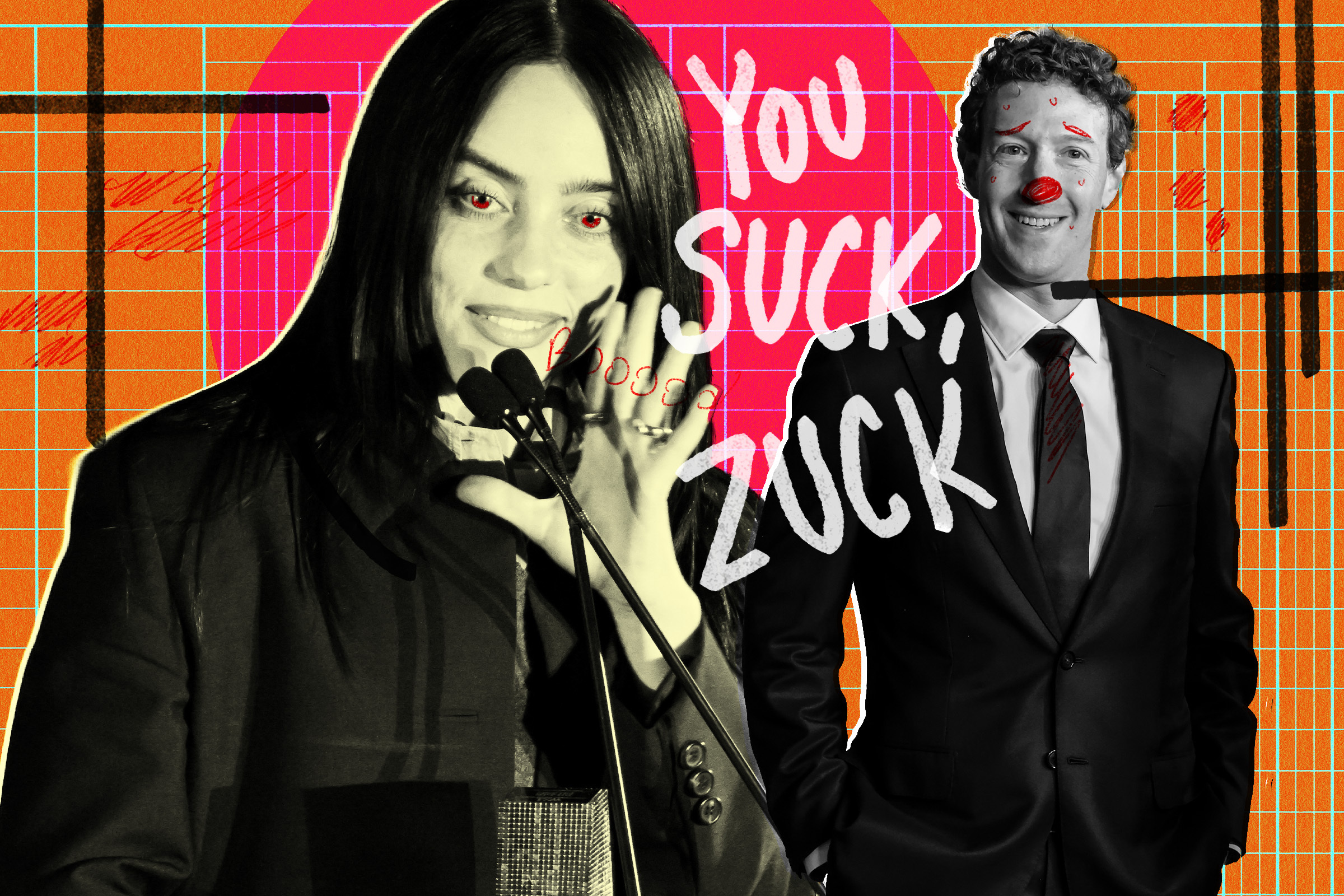The WNBA is experiencing significant growth, marked by record-breaking viewership and sellout crowds. As the league gains popularity, players are now negotiating for their share of this success. However, these talks are fraught with tension, and without a resolution, the potential for a work stoppage looms large. The next Collective Bargaining Agreement (CBA) negotiations will be pivotal for the future of the league, as players advocate for equitable compensation that reflects their contributions to the sport.
Negotiations around the CBA are particularly critical given that the last agreement was established in 2020 and was meant to last until 2027. However, with the league’s rapid expansion, players opted out of the existing deal, seeking to renegotiate terms that better align their salaries with the league’s growth. According to Nneka Ogwumike, president of the Women’s National Basketball Player’s Association, players are determined to secure a percentage of the revenue that matches the increasing financial success of the league.
Despite the surge in viewership and lucrative media deals, players currently receive only about 9% of league income, with salaries accounting for under 7% of revenue. In contrast, NBA players benefit from approximately 50% of basketball-related income, a disparity that highlights the ongoing fight for equitable compensation in women’s sports. Players are also advocating for improved working conditions, including charter travel and enhanced safety standards.
The urgency of these negotiations is exacerbated by recent incidents highlighting frustrations with league leadership and officiating. Notably, Napheesa Collier, a starter for the Minnesota Lynx and vice president of the players’ association, has become a vocal advocate for reform. During the 2025 All-Star Game, she organized a demonstration by having players wear shirts that read “Pay Us What You Owe Us.” This initiative reflected the collective frustration of players regarding their compensation and treatment.
Collier’s commitment to advocating for her teammates intensified after she suffered a serious ankle injury during the WNBA semifinals. Following this incident, her head coach, Cheryl Reeve, was ejected and later suspended for expressing dissatisfaction with officiating. In the wake of these events, Collier publicly criticized the league’s leadership, stating, “We have the best players in the world. We have the best fans in the world. But right now, we have the worst leadership in the world.” This statement underscores the players’ sentiment that the league’s current management fails to prioritize their needs.
Collier’s revelations about conversations with Cathy Engelbert, the league’s commissioner, further fueled the discourse around leadership accountability. Engelbert’s reportedly dismissive remarks regarding officiating and player compensation have drawn widespread criticism. When Collier raised concerns about officiating inconsistencies, Engelbert allegedly responded that “only the losers complain about the refs.” Moreover, her assertion that players should be “on their knees” thanking her for the platform the league provides has sparked outrage among players and fans alike.
The fallout from these comments has led to a notable shift in public perception of Engelbert. Following Collier’s statements, numerous players and coaches expressed solidarity with her position. A’ja Wilson, the league MVP, described her disgust at Engelbert’s remarks while praising Collier’s leadership. Others, including Angel Reese, took to social media to voice their support for Collier’s advocacy.
Engelbert has since denied the allegations made against her and expressed disappointment over how Collier portrayed their discussions. Despite her attempts to clarify her stance, the overwhelming support for Collier from players, coaches, and fans signals a growing demand for change within the league. The recent booing she faced while presenting the Las Vegas Aces with their championship trophy illustrates the discontent surrounding her leadership.
As the WNBA stands at this critical juncture, players are not merely seeking higher wages; they are demanding respect and acknowledgment for their roles in advancing the league’s success. The upcoming CBA negotiations will not only shape the financial landscape of the league but also influence its integrity and sustainability. The voices of players resonate beyond the court, representing a movement that empowers young girls aspiring to break barriers in sports.
This moment is pivotal for the WNBA. As players push for fair compensation and improved working conditions, they are reminding the world that women’s basketball is not just a game; it is a powerful movement dedicated to inspiring future generations. The stakes are high, and the path forward will require accountability and a commitment to fostering a supportive environment for all athletes in the league.







